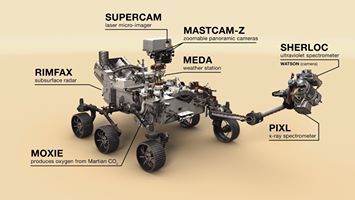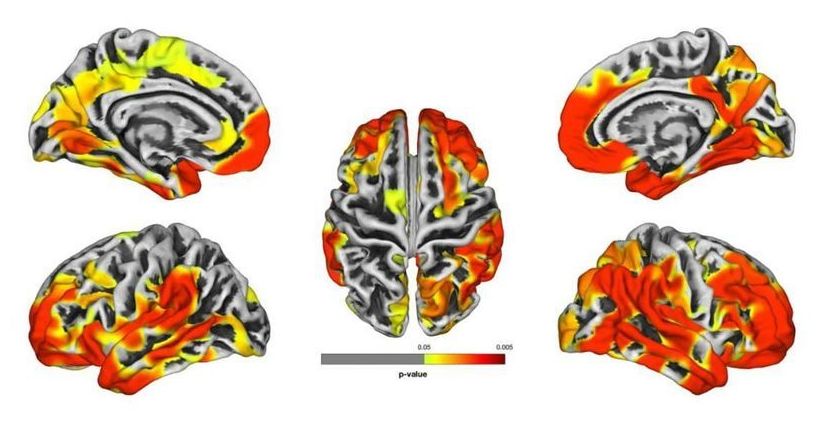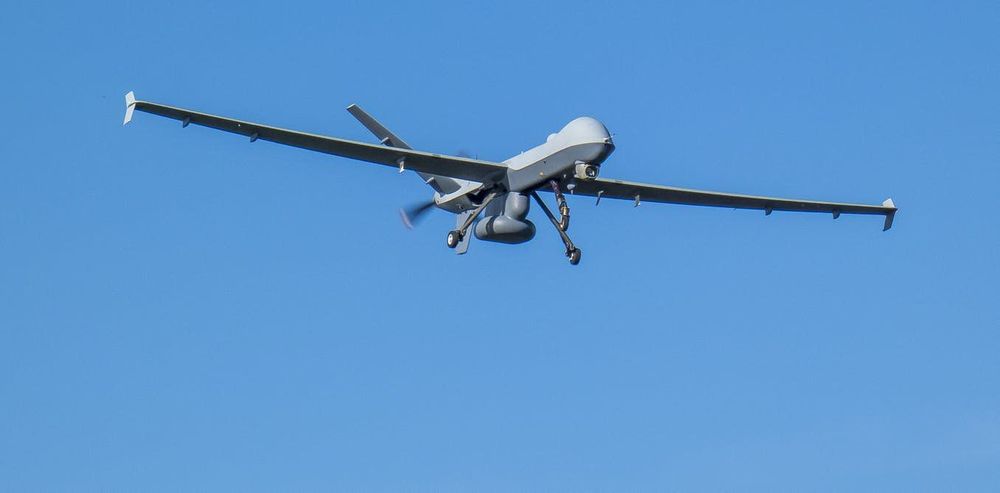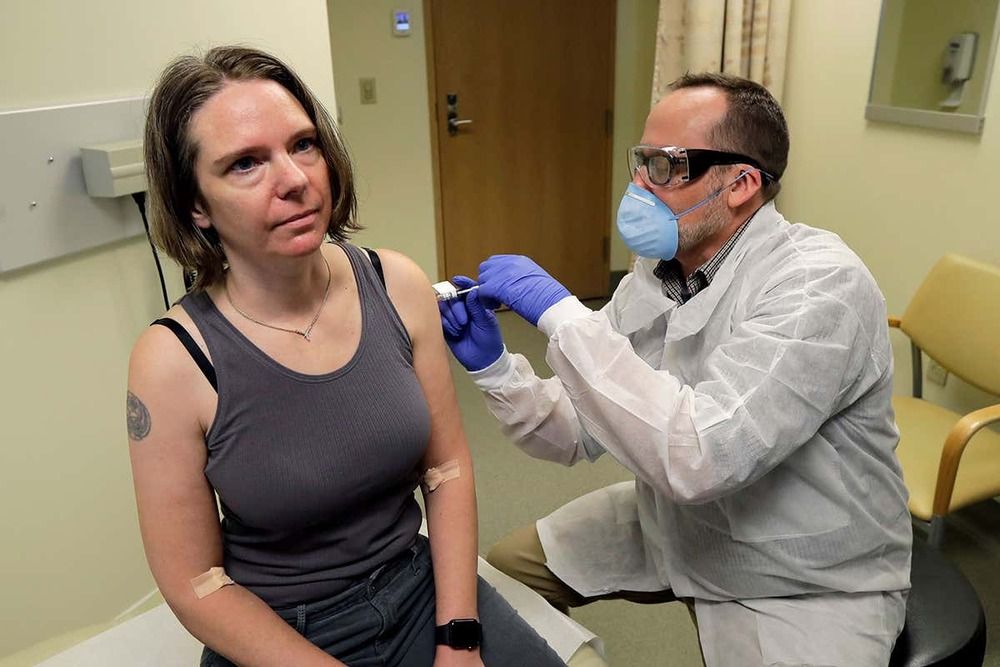
Device not only helps record dream reports, but also guides dreams toward particular themes.
The study of dreams has entered the modern era in exciting ways, and researchers from MIT and other institutions have created a community dedicated to advancing the field, lending it legitimacy and expanding further research opportunities.
In a new paper, researchers from the Media Lab’s Fluid Interfaces group introduce a novel method called “Targeted Dream Incubation” (TDI). This protocol, implemented through an app in conjunction with a wearable sleep-tracking sensor device, not only helps record dream reports, but also guides dreams toward particular themes by repeating targeted information at sleep onset, thereby enabling incorporation of this information into dream content. The TDI method and accompanying technology serve as tools for controlled experimentation in dream study, widening avenues for research into how dreams impact emotion, creativity, memory, and beyond.


















